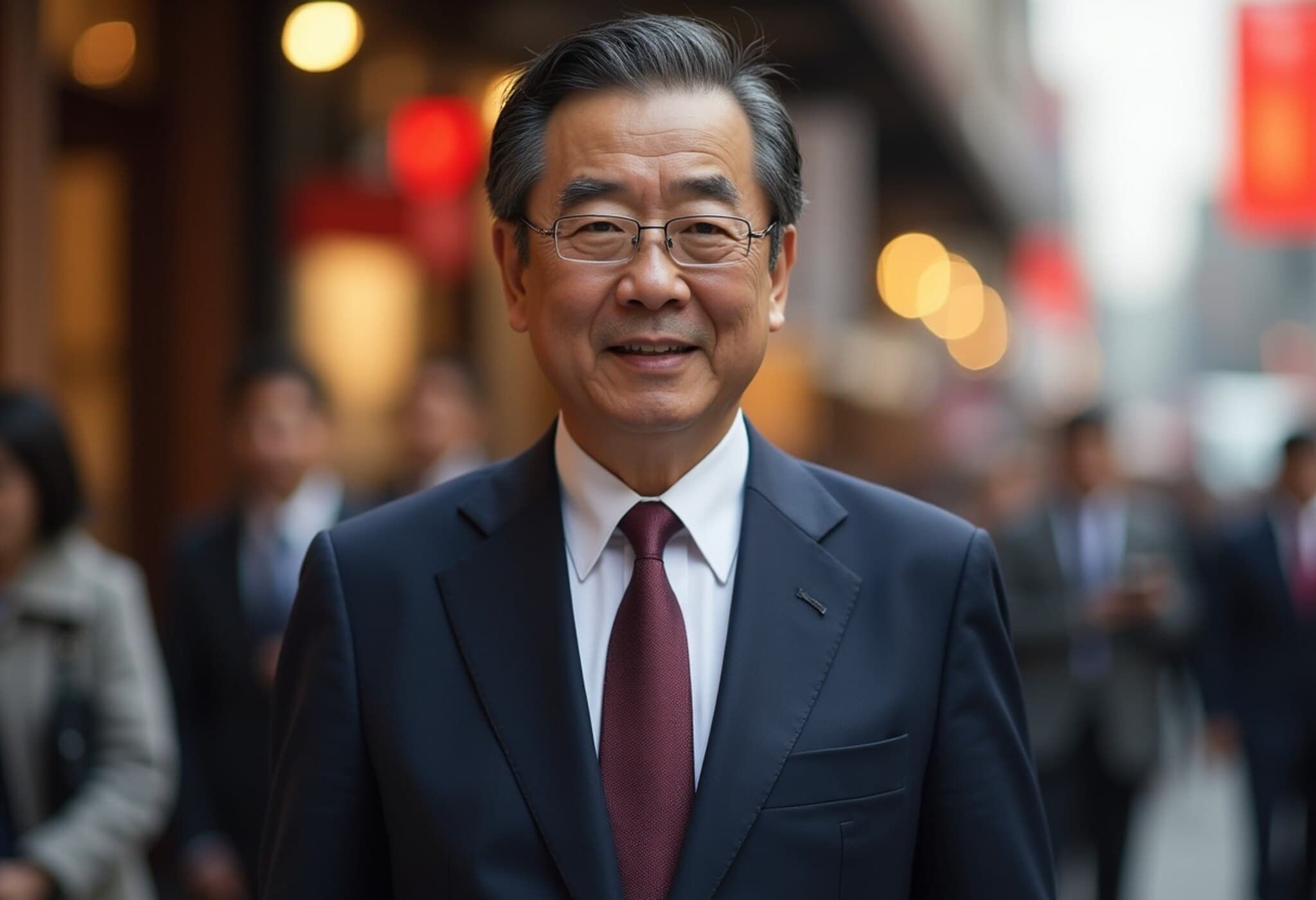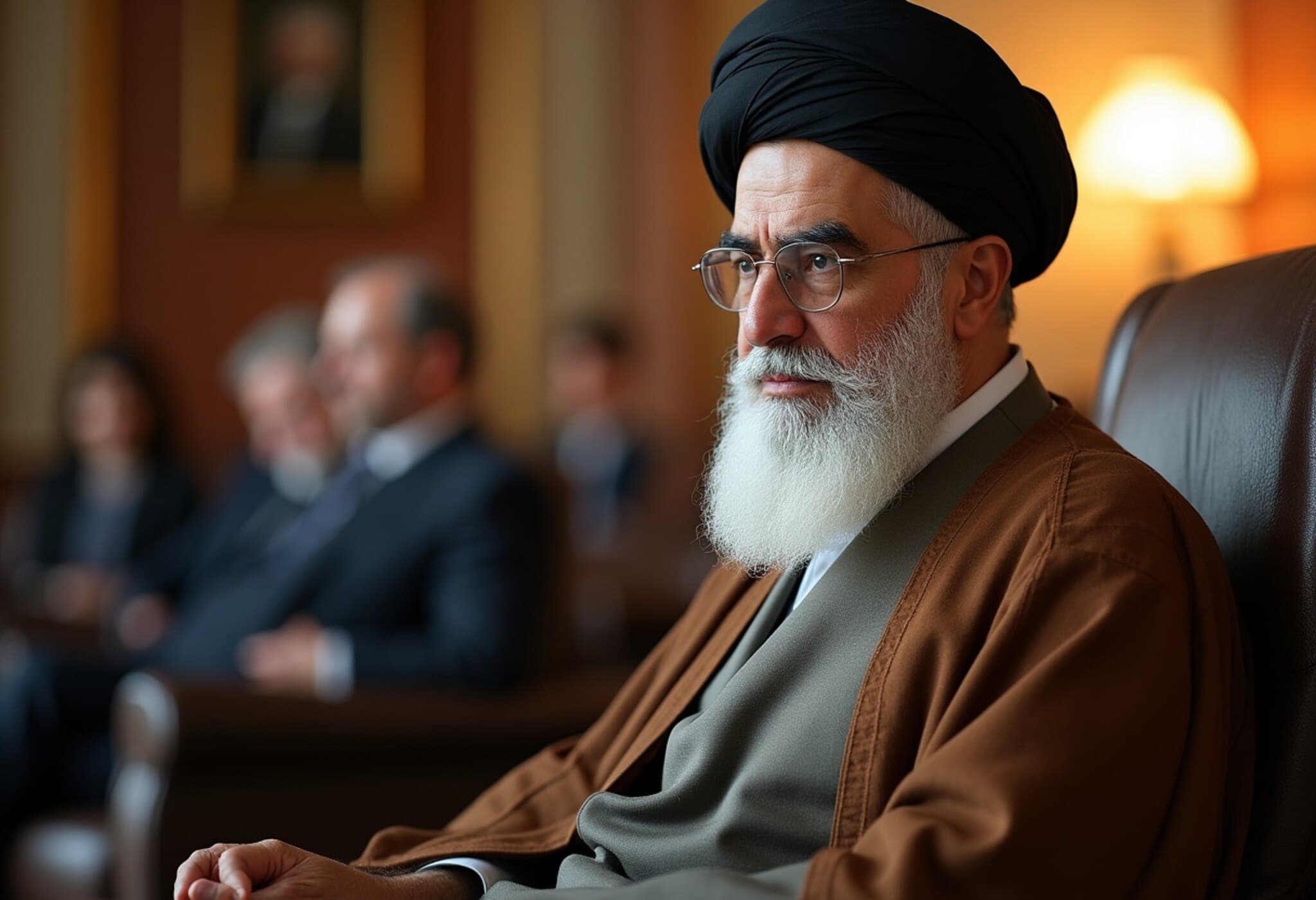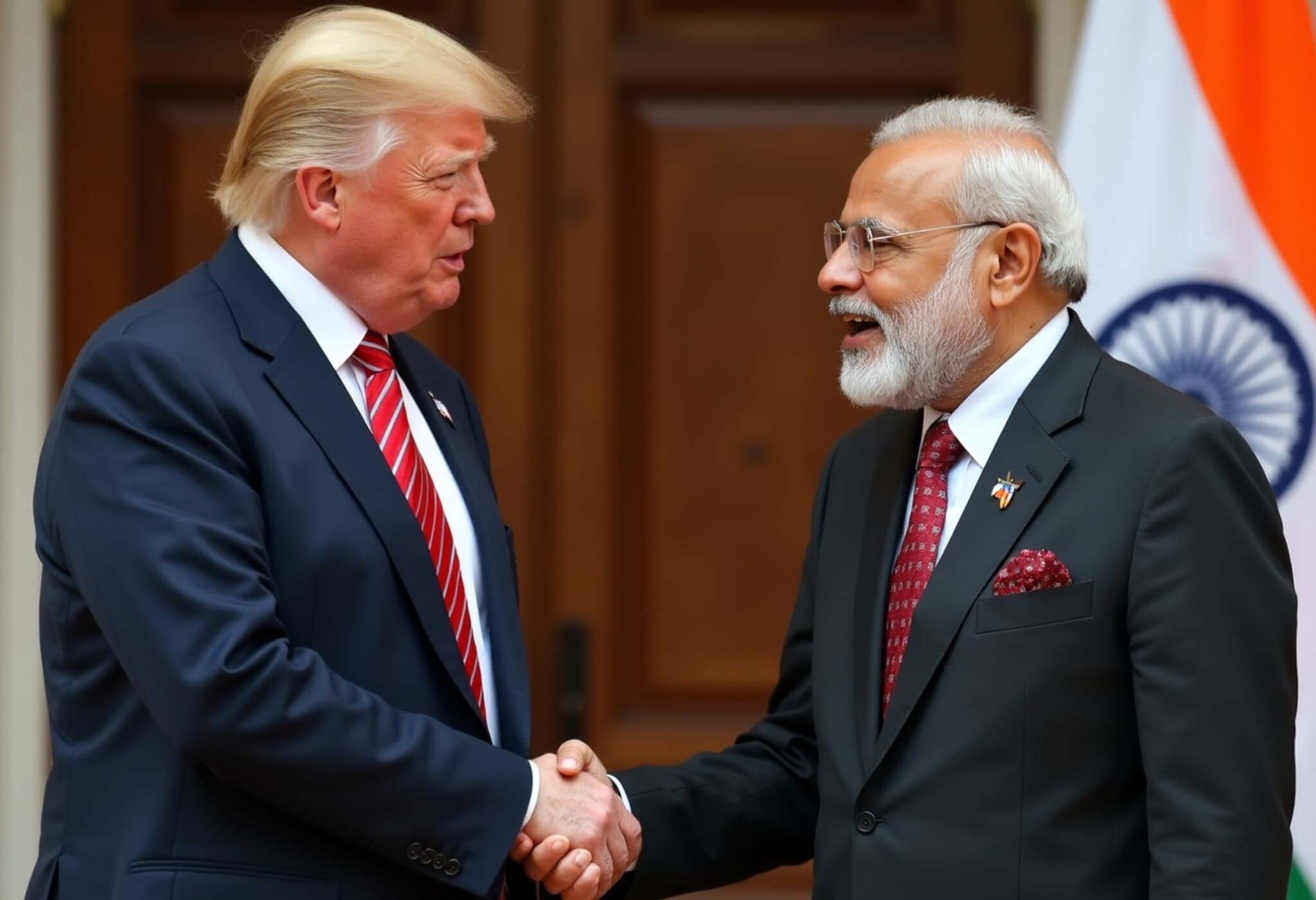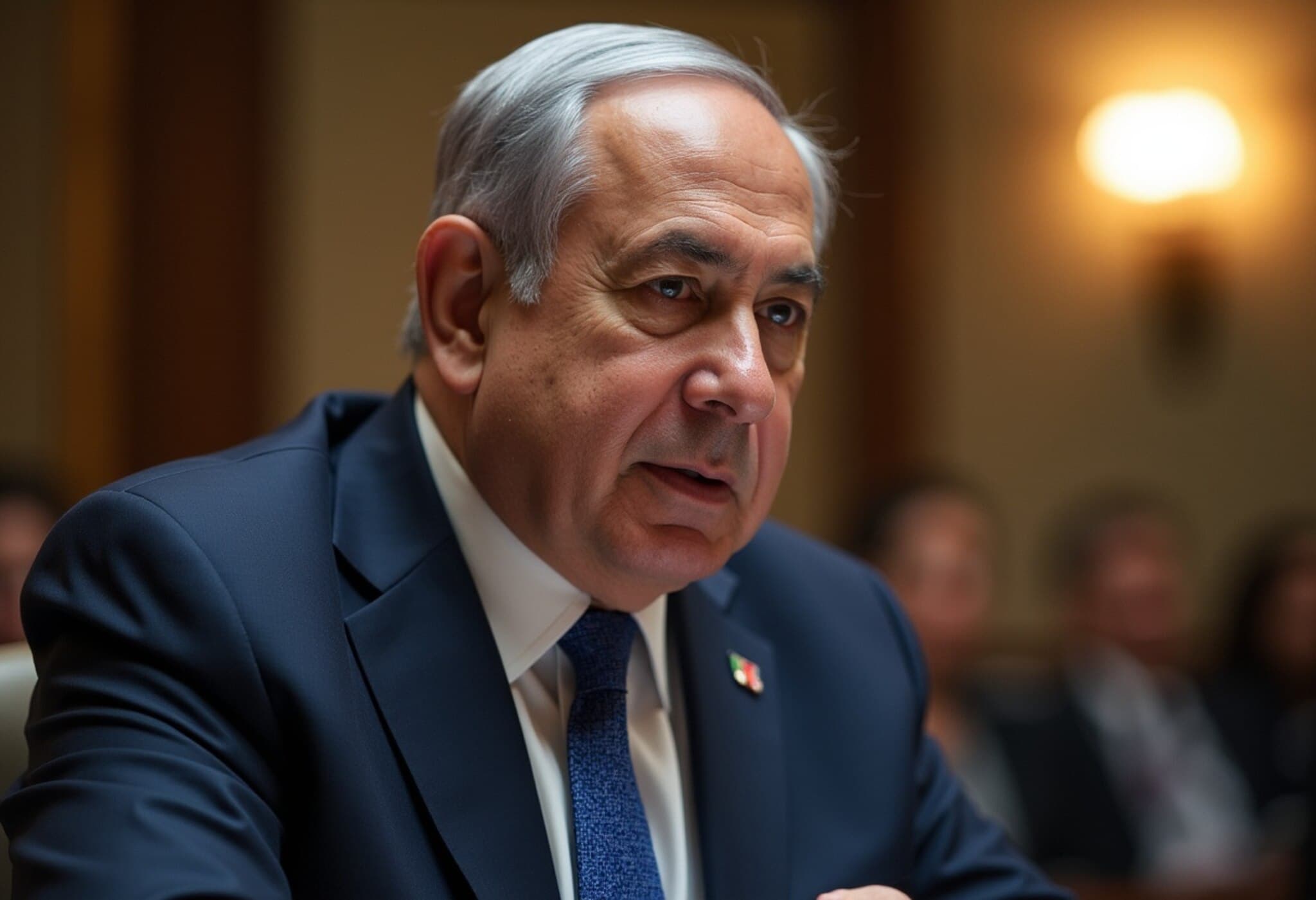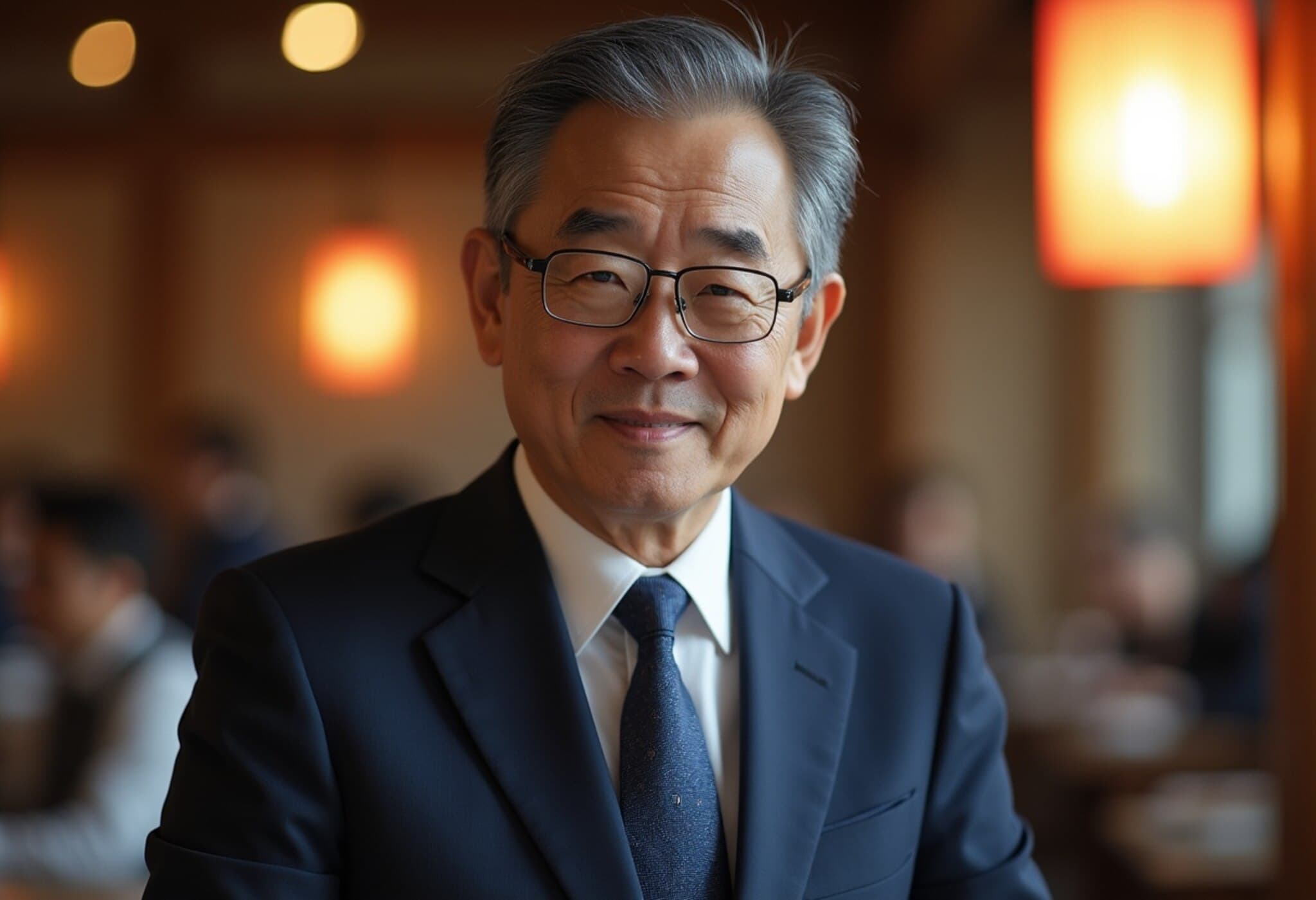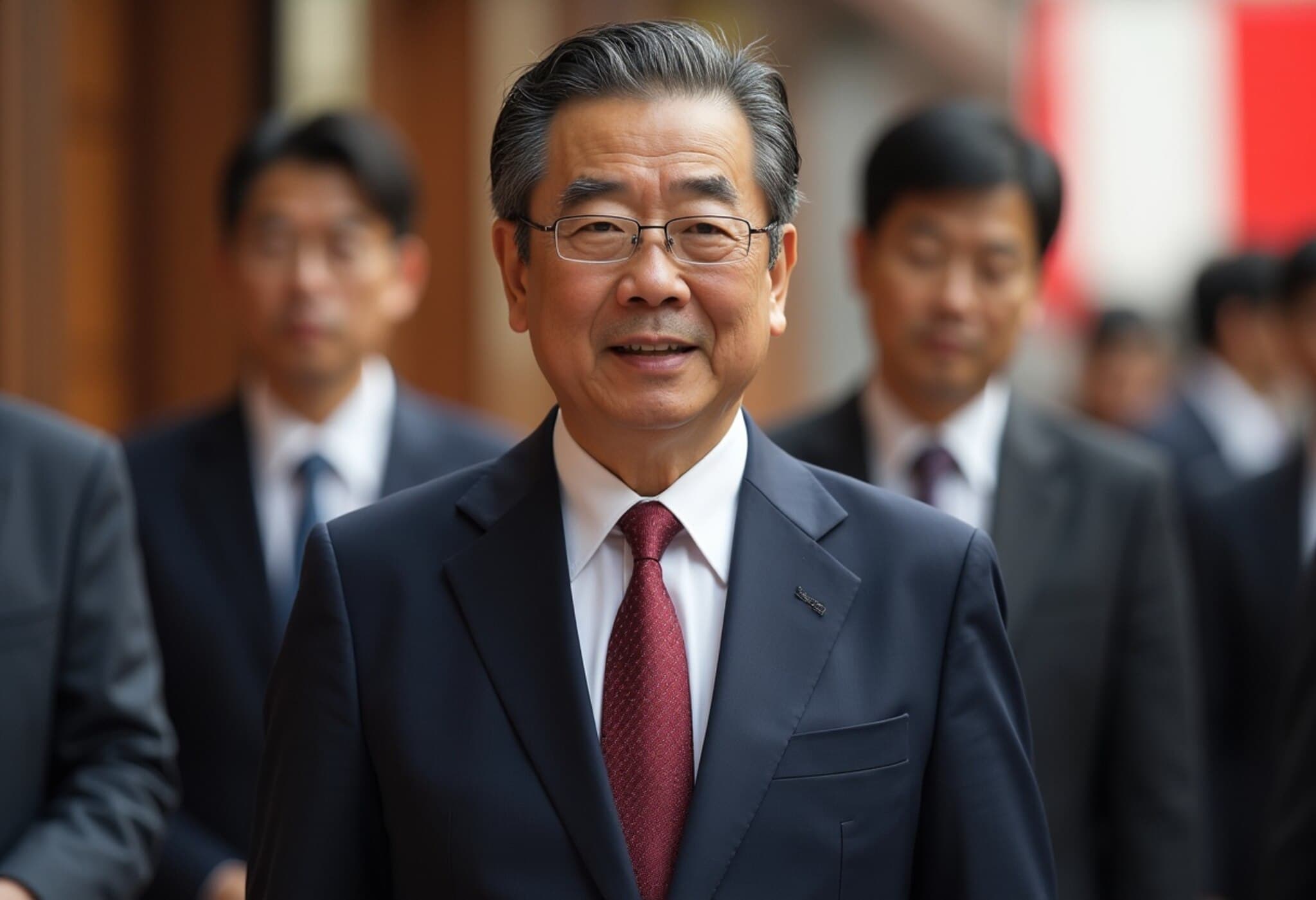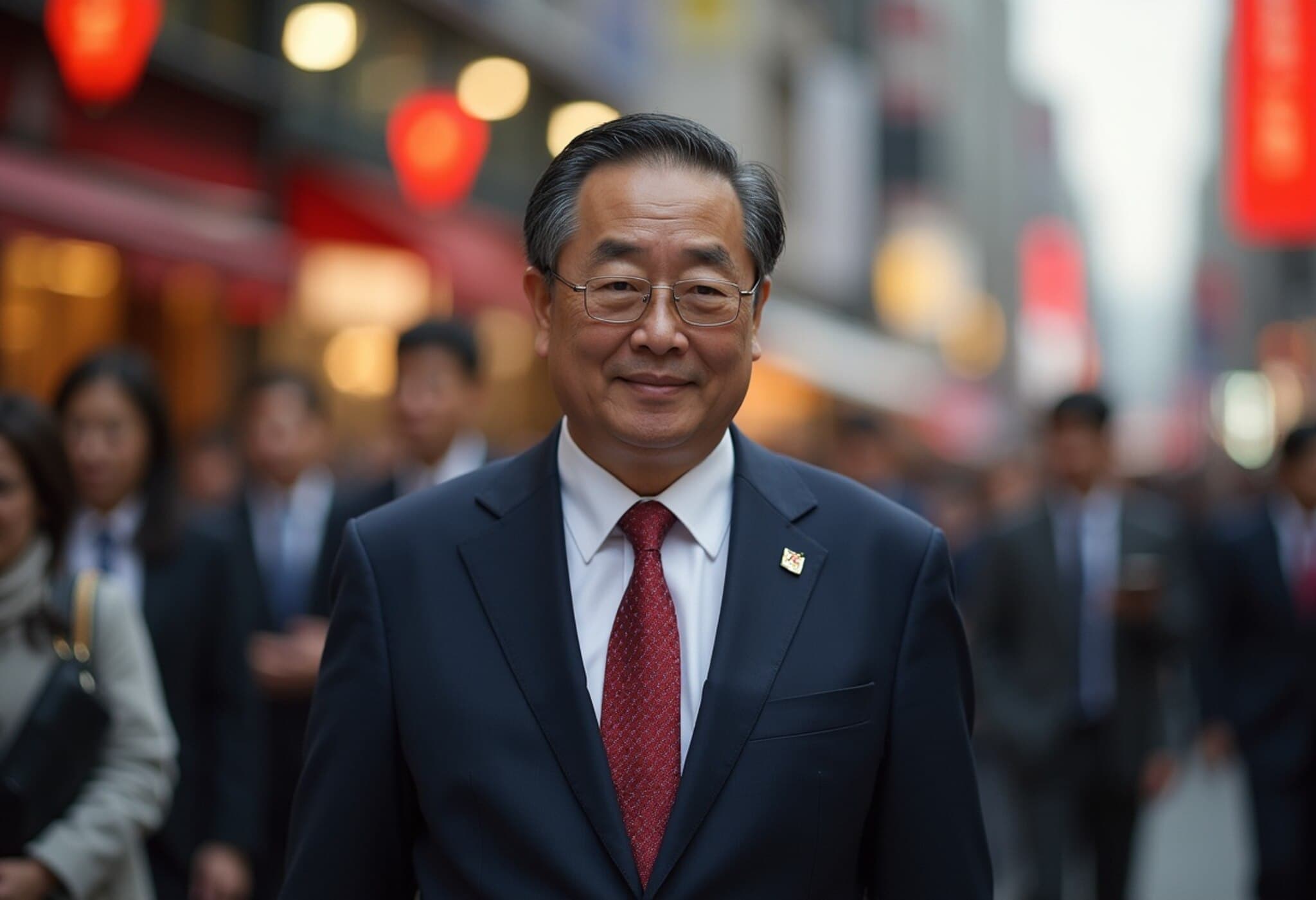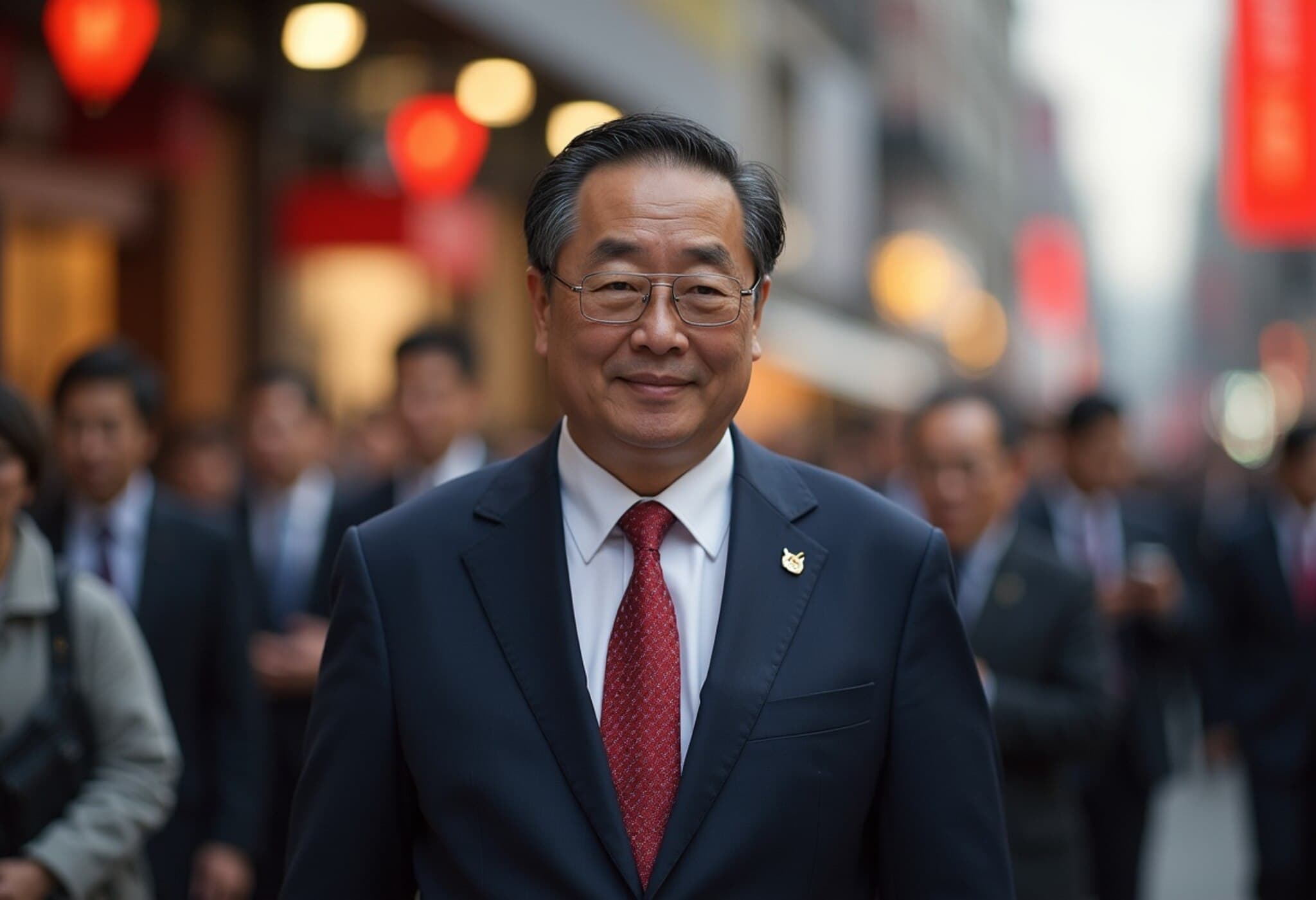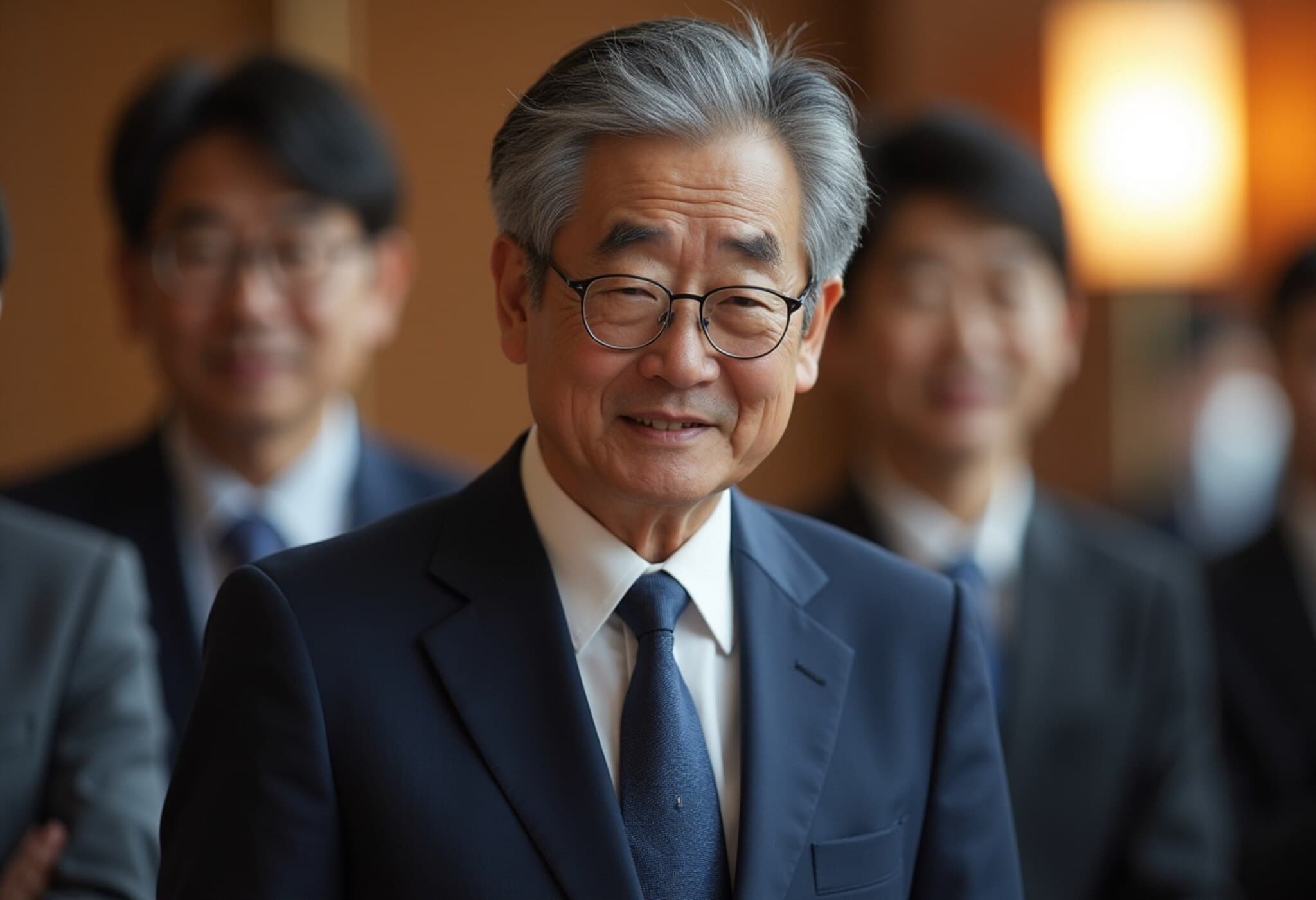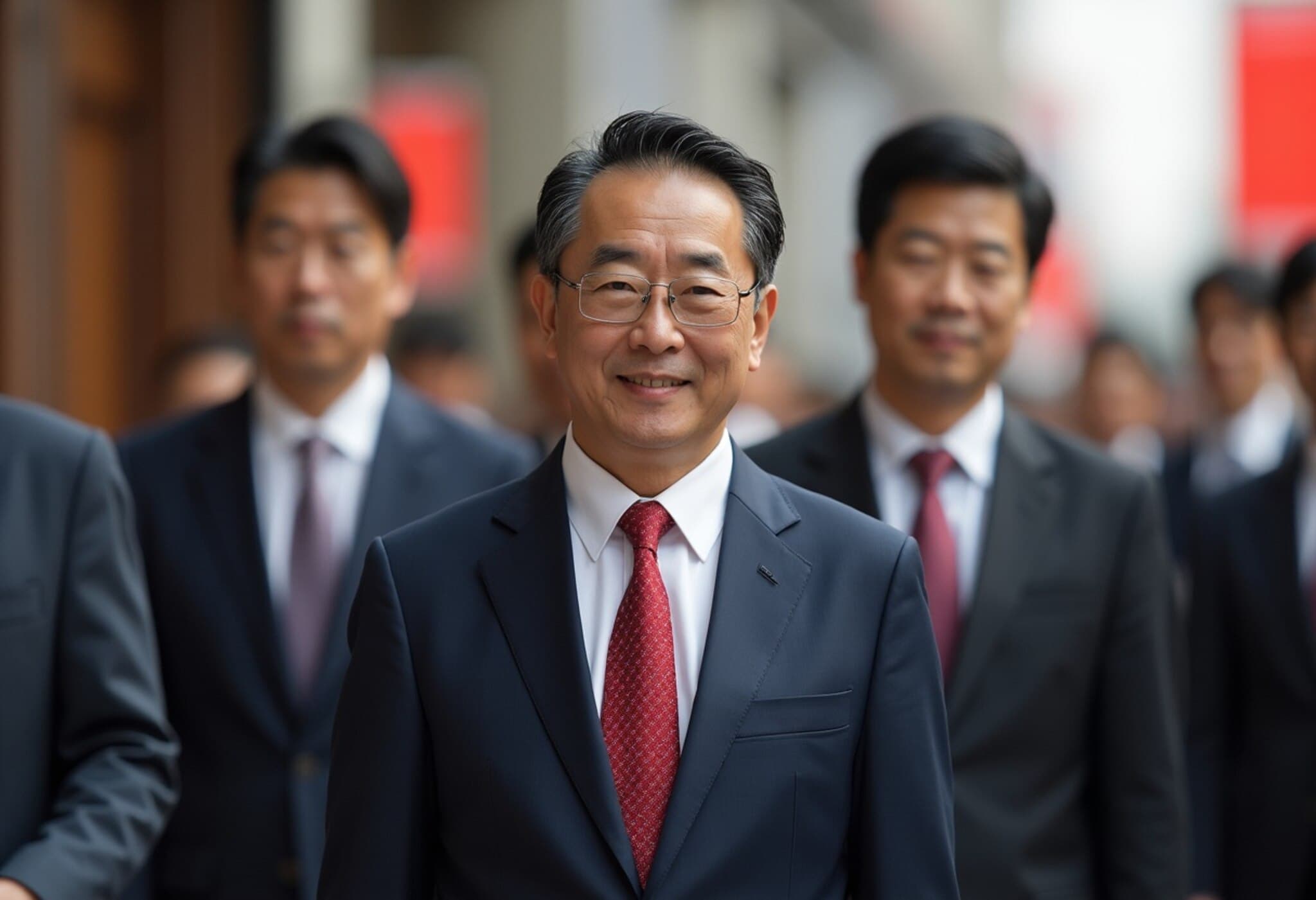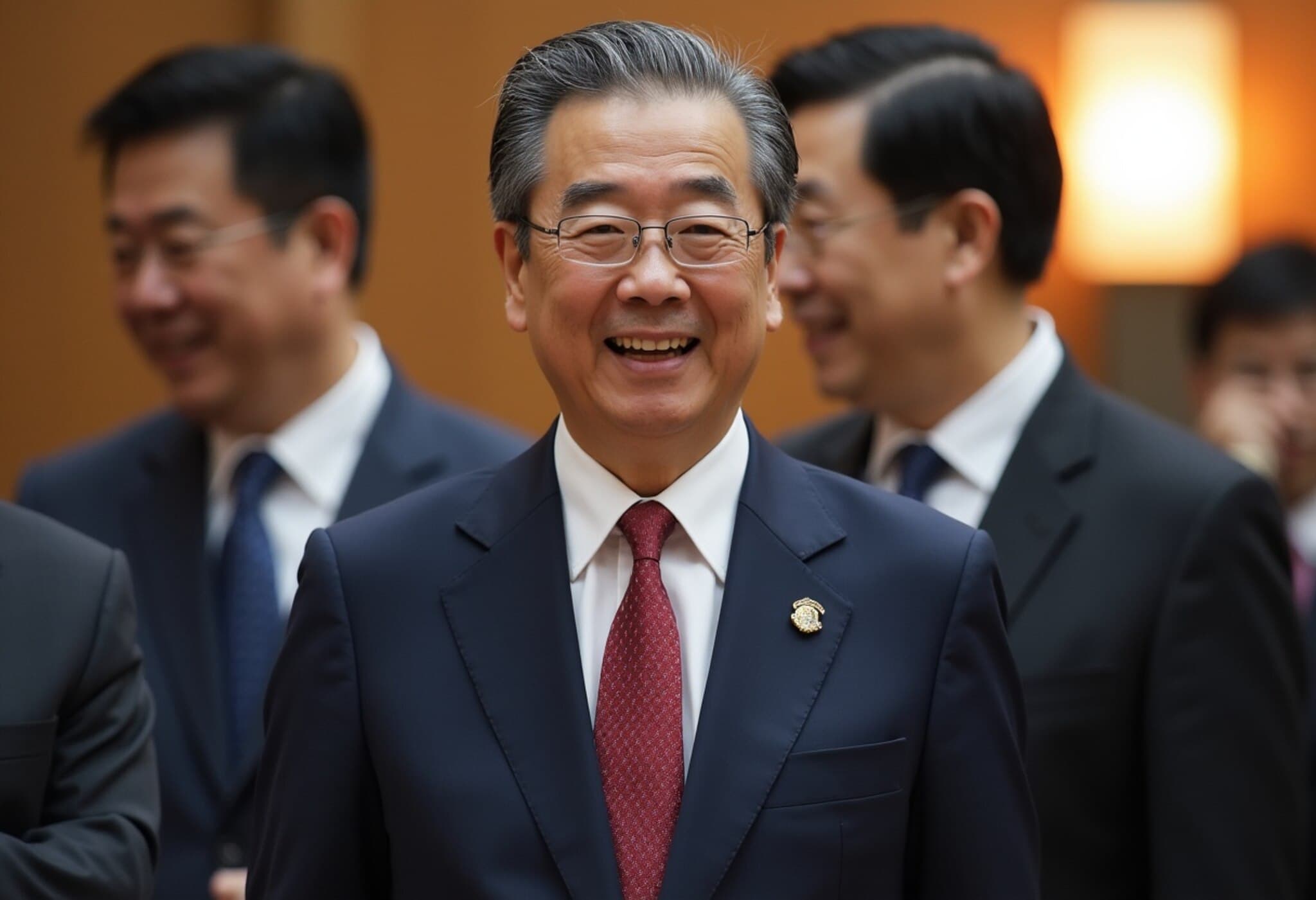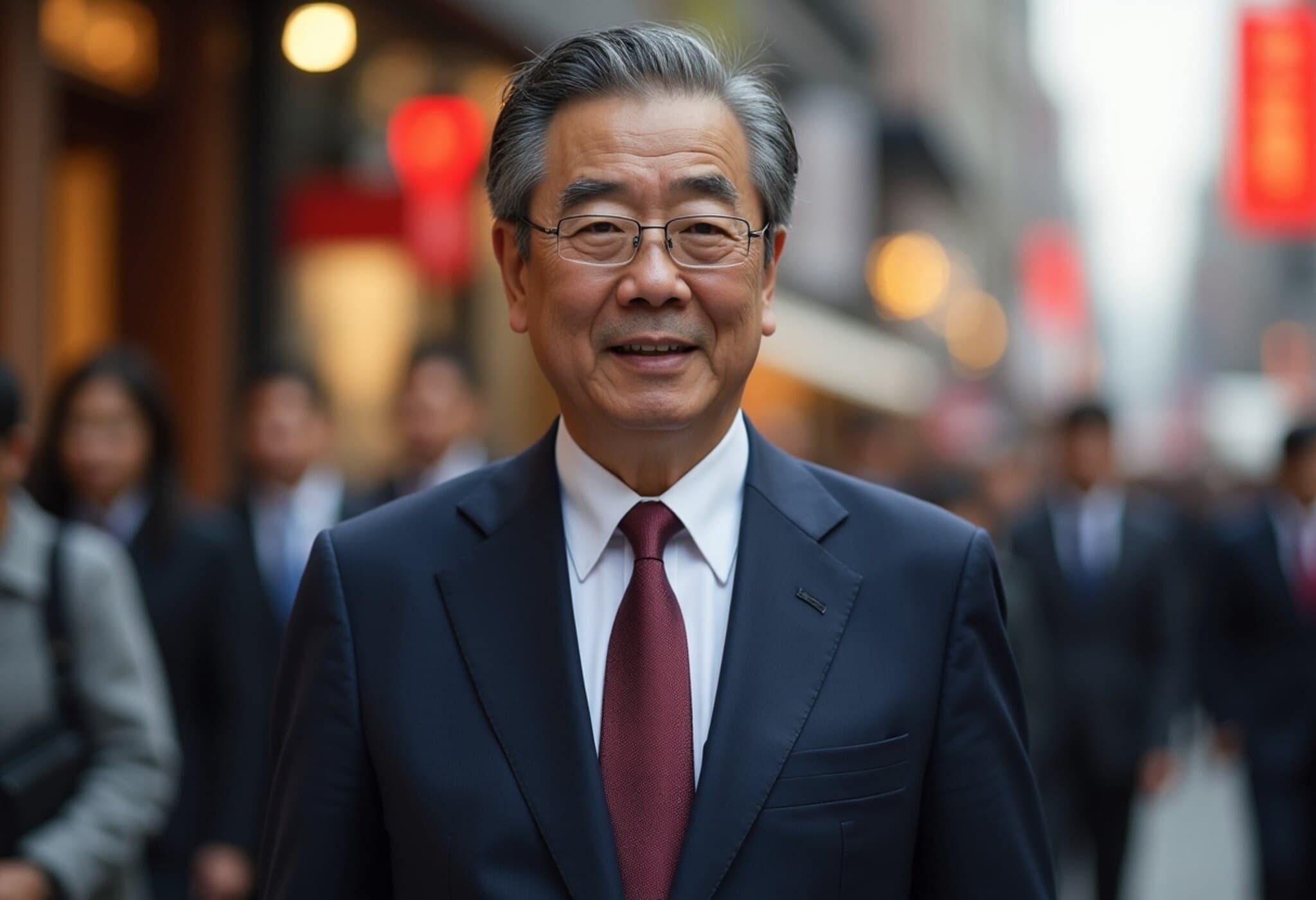Japan’s Prime Minister Shigeru Ishiba Announces Resignation Following Electoral Setback
In a significant political development, Japan's Prime Minister Shigeru Ishiba, 68, has declared his intention to resign by the end of August 2025. This announcement comes on the heels of a challenging upper house election last weekend, where Ishiba's Liberal Democratic Party (LDP) failed to secure a clear majority, signaling a difficult road ahead for the veteran leader.
Election Blow Highlights Shifting Political Landscape
The upper house election held on Sunday dealt a rare blow to the LDP, which has been the dominant force in Japanese politics since 1955. Falling short by three seats to maintain their majority, the results reflected growing voter frustration, particularly over inflationary pressures impacting everyday life. The rise of the "Japanese first" Sanseito party, which champions an anti-globalist and populist agenda, underscores a shifting current in Japan's political sentiment that mirrors similar movements elsewhere in the world.
Trade Diplomacy and Domestic Politics: A Complex Balance
Ironically, Ishiba’s resignation news coincided with Japan securing a critical trade deal with the United States. This agreement successfully reduced a looming 25% tariff to 15% ahead of the August 1 deadline — a vital economic relief for Japanese industries reliant on exports. However, despite the diplomatic win, Ishiba’s political position has become increasingly untenable following last year’s poor general election and subsequent erosion of parliamentary strength.
The Road to Resignation
According to leading Japanese daily Mainichi, Ishiba plans to step down by the end of August, while Yomiuri Shimbun reports that he might make a formal resignation announcement soon, although the exact timing remains unclear. Ishiba’s leadership tenure began in September last year after a persistent five-time bid, making him the 10th LDP prime minister since 2000. Nonetheless, since the snap elections in October, his coalition has operated as a minority government reliant on opposition support to pass legislation.
Public Discontent Growing Over Economic Strains
Public opinion surveys reveal declining approval ratings for Ishiba and his Cabinet. According to a recent NHK poll, popular support fell to 31%, down from 39% in June. Inflation and the rising cost of living have placed the ruling bloc under intense pressure. In response, Ishiba has proposed one-off cash handouts aimed at easing household financial burdens. However, a majority of voters—52% according to the NHK poll—favor reductions or abolishment of the national sales tax, an option championed by opposition parties as a more sustainable solution.
Expert Insight: What Does Ishiba’s Resignation Mean for Japan’s Future?
From a policy perspective, Ishiba's departure opens the door for fresh leadership that could redefine Japan’s economic and geopolitical strategies amidst ongoing global uncertainties. The trade deal with the US, while a positive step, also highlights Japan’s delicate balancing act between domestic political stability and international economic pressures. Analysts suggest that the rising popularity of nationalist and populist groups like Sanseito may push mainstream parties to reconsider their policy platforms, especially concerning globalization and social welfare.
Moreover, Ishiba’s resignation underscores the increasing volatility within Japan’s political arena—a microcosm of broader democratic challenges seen worldwide, where electorates are growing wary of traditional political elites and demanding more responsive governance.
Summary Box: Editor’s Note
- Shigeru Ishiba’s resignation marks a pivotal moment for Japan’s ruling party amid a surge of populist dissatisfaction and economic challenges.
- The successful trade deal with the US offers relief but does not offset mounting domestic political pressures.
- The rise of the “Japanese first” Sanseito party signals shifting voter priorities favoring nationalist and anti-globalization policies.
- Public opinion favors sales tax cuts over cash handouts, highlighting deeper debates about Japan’s economic direction.
- This transition period invites close attention to how Japan balances economic diplomacy with internal political renewal in a complex regional and global context.
As Japan prepares for new leadership, policymakers, observers, and citizens alike face critical questions about the future trajectory of the country’s governance, economic reform, and role on the world stage.

